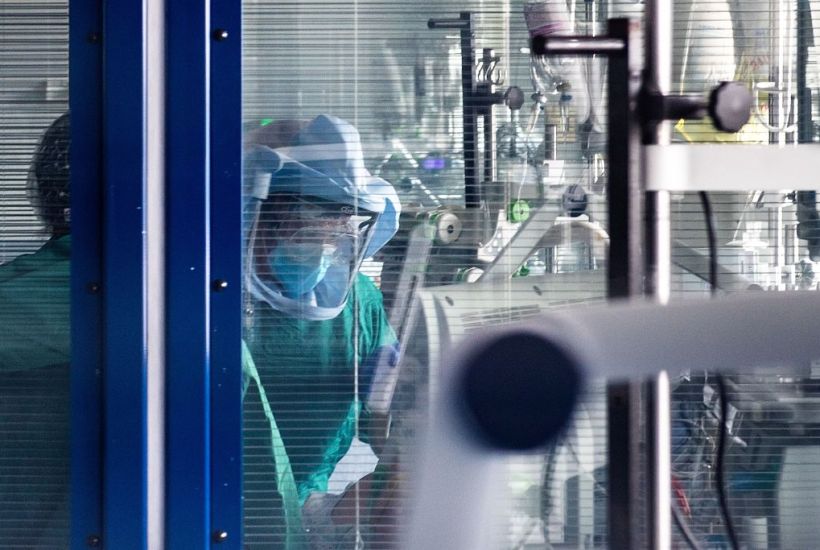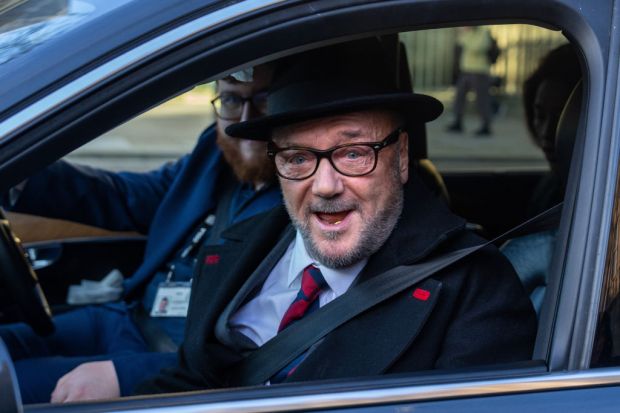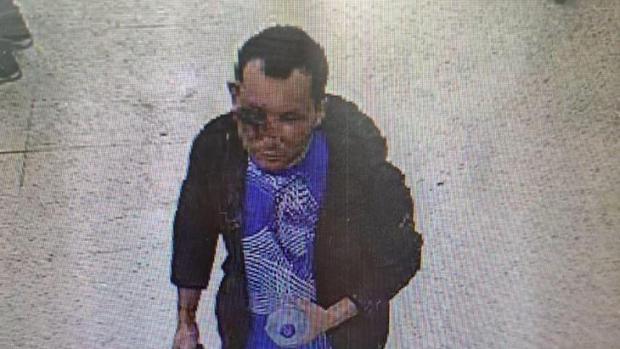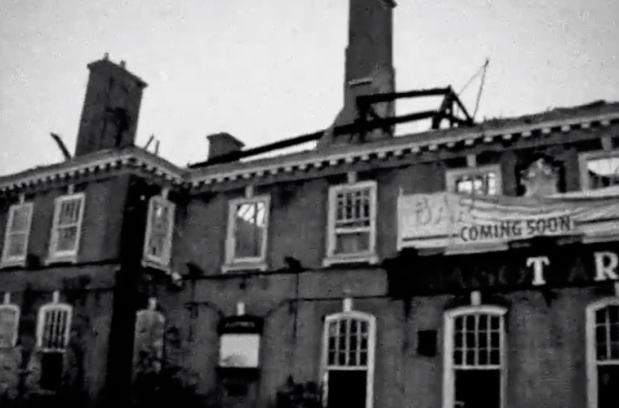‘Well that’s obviously an azalea. Give me a harder one.’ I’m on one of my daily rehab walks around our garden on Bodmin Moor with my father, Robin Hanbury-Tenison. He’s not actually with me, he’s over 20 miles away at Derriford Hospital where he has been battling coronavirus for the last six weeks, but since he was moved out of intensive care and into a rehabilitation ward he’s been given his telephone back and we can speak every day by video call.
It’s truly heart-warming to be able to speak to him at all and there were many moments over the last few weeks when I feared I might never be able to again. He’s still suffering from severe sedation delirium and the best way to ‘anchor’ him to the present has been through nature and beauty. He planted every tree, bush and flower in this garden and it’s the perfect way to remind him of who he is and what’s important.
When we spoke yesterday he thought that he was back at the headwaters of the Amazon, paddling upstream in a canoe with the Villas Boas brothers, while twelve burrowing owls kept the three of them company from the prow. At least his hallucinations don’t seem to be frightening or particularly unpleasant. However, it’s only by testing him on his botany that I can bring him back to reality and remind him of where he really is.
As an 83-year-old with an extremely bad reaction to Covid-19 his chances of getting this far have been vanishingly slim. At one point he had multiple organ failure, a fever and needed a tracheotomy and dialysis to survive. The doctors have been amazed by his resilience and determination to pull through this ordeal and to survive. Derriford Hospital has a ‘secret garden’ for ICU patients that people can be taken to when they are extremely ill. My father was wheeled there while bedridden and we were able to watch through an iPad screen as he felt the sun on his face and breathed unfiltered air for the first time in over a month. The change in him was palpable and I believe it was the beginning of his road to recovery and health.
In his new ward he can see an oak tree from his hospital bed and whenever I call him he tells me which birds he’s seen in its branches and what new aspect of the old tree he’s noticed today. In his moments of delirium he’s flowed seamlessly between talking about the tree and about himself; as though forming a subconscious analogy between the grainy bark and his wrinkled skin, the lignum underneath and his recovering flesh and the deep searching roots with the call he has to return home to us on the farm where he has spent his life rooted.
We have a valley of ancient oak woodland here which my wife and I were opening this spring as a forest bathing retreat for people to escape the noise and pollution of urban life to come and heal and be restored in. My father has spent more time in these woods than anybody and he knows each of the trees intimately, as old friends, so it is fitting that the same species should be watching over him during his recovery. A number of Japanese studies have shown that exposure to woodland can lower counterproductive hormones like cortisol and adrenaline and can kickstart the healing process in patients recovering from surgery or illness.
His rehabilitation will be long and difficult and the focus will be with the incredible physio team at Derriford, ably supported by the tireless and diligent nursing staff who look after him like ministering angels. At the same time we will encourage them to continue taking him into the secret garden whenever they can. Until he can be returned to our woods here for an even more powerful immersion in nature, I know that gazing on greenery, smelling the flowers and feeling sunlight on his face will be a vital pillar to his recovery journey.
Derriford are unsure how many other hospitals have gardens that intensive care patients can be taken into but the likelihood is there aren’t many due to logistical constraints. The very ill are often linked up to so many machines that moving everything outside can seem like more effort than it’s worth. Anyone who’s been unable to spend time in nature during this lockdown will know how important the purity and peace of a garden can be. I hope that one of the many changes that we will see after Covid is the natural world being viewed, not only as a preventative form of medicine, but also as a part of the cure.
Got something to add? Join the discussion and comment below.
Get 10 issues for just $10
Subscribe to The Spectator Australia today for the next 10 magazine issues, plus full online access, for just $10.




















Comments
Don't miss out
Join the conversation with other Spectator Australia readers. Subscribe to leave a comment.
SUBSCRIBEAlready a subscriber? Log in